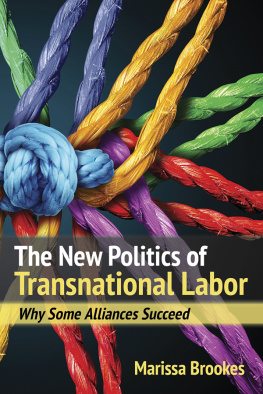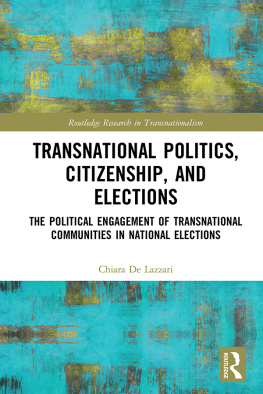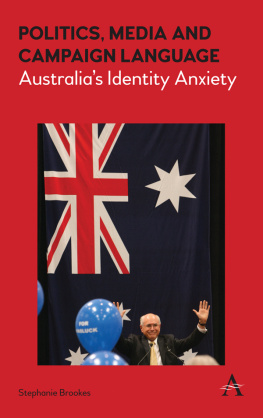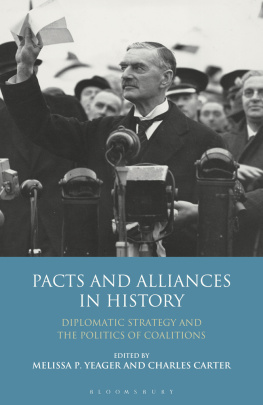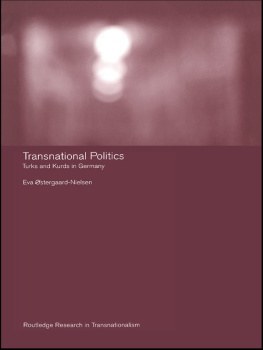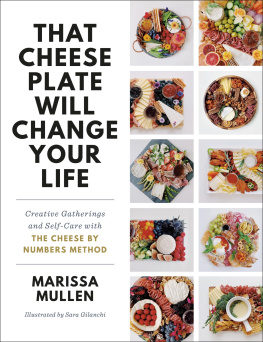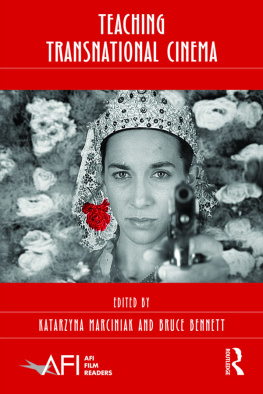ACKNOWLEDGMENTS
This book emerged out of a decade-long process of listening and learning that began in Chicago but came to encompass a tremendous variety of people and places scattered across four continents. It owes its existence first and foremost to the workers, union representatives, and labor activists who took the time to talk with me about their activism, jobs, and lives. Though here they remain unnamed, I give these workers and unionists my deepest gratitude.
I owe much of my intellectual development to my time at Northwestern University and to my advisers, Kathleen Thelen and James Mahoney. I thank Kathy for pushing me beyond what I thought were my limits and supporting my work well after she left Northwestern for MIT. Kathy taught me that only by tackling tough questions and seeking to solve challenging puzzles does one become an independent scholar. I owe much of my drive and ambition to her. I am equally grateful to Jim, who mentored me and believed in me from my earliest days in graduate school. Jims incisive feedback, spot-on criticism, and genuine enthusiasm have strengthened my work beyond measure. I cannot thank him enough for his guidance. I thank Ben Page for always reminding me of the big picture in our discussions about unions and globalization. Jeffrey Winters shaped my thinking on the concept of power and stimulated my interest in Southeast Asia. For his sharp thinking and candid advice, I owe him my sincere thanks.
My colleagues at the University of California, Riverside, have provided a tremendous amount of inspiration and support. I am especially indebted to David Pion-Berlin for his steady mentorship and practical advice, as well as to John W. Cioffi for his encouragement and helpful guidance. For demystifying the book-writing process and assisting me through various stages of this project, I thank Ben Bishin, Shaun Bowler, Farah Godrej, Bronwyn Leebaw, John Medearis, and Georgia Warnke. For keeping my mind on track and my spirits high, Liz Davis and Megan Robbins deserve special thanks. I am also thankful for the vibrant energy of my graduate and undergraduate students, who mean the world to me.
Others also helped me develop this book through a mix of conversation, comment, and critique. Mike Fichter gave many useful comments on my manuscript, as did the anonymous reviewers, to whom I express sincere gratitude. I learned a great deal from Teri Caraway, whose knowledge of Indonesia helped me refine parts of an early version of this book. Lowell Turner and Lance Compa generously hosted my first visit to Cornell University, where I received feedback on an early iteration of this books theoretical framework from folks at the School of Industrial and Labor Relations. Chris Tilly at UCLA likewise provided a venue in which to present my book-in-progress and receive valuable feedback. Back at Boston University, it was Cathie Jo Martin who built the core of my knowledge of political economy and labor politics, and it was Peter J. Schwartz who first sharpened my capacity for critical thinking in ways that still inspire my scholarship. I also had the good fortune to participate in numerous conferences and workshops over the years that forced my ideas to evolve and mature, and for this I thank the Labor and Employment Relations Association, the Society for the Advancement of Socio-Economics, the International Studies Association, the Interuniversity Research Centre on Globalization and Work, and the American Political Science Association. Informal conversations on the subject of labor transnationalism with Mark Anner, Jamie McCallum, Sabrina Zajak, and many others also deserve acknowledgment here.
With the generous support of the US Fulbright Program, I spent a year conducting fieldwork for this project in Australia. Bradon Ellem, who hosted my stay at the University of Sydney Business School, went above and beyond in supporting my research. He read and commented on early drafts of my theory chapter, enhanced my comprehension of labor politics, and welcomed me into the community of scholars at Work and Organisational Studies. I owe Bradon deep gratitude. Peter Fairbrother, who hosted my stay at the Royal Melbourne Institute of Technology, likewise went out of his way to help develop my theoretical framework, converse about labor transnationalism, and connect me with a global network of scholars. Peter pushed me to read and think deeply about power. I am glad that he did.
Others in Australia contributed to this books development. Michele Ford shared with me her expertise on Indonesia and taught me a lot about labor politics in Southeast Asia. Also in Australia, I thank Marian Baird, Ruth Barton, Verity Burgmann, Rae Cooper, Leanne Cutcher, Victor Gekara, Angela Knox, Russell Lansbury, Susan McGrath-Champ, Al Rainnie, and Darryn Snell. I owe a special thanks to Charlotte Yates from McMaster University, whom I met while we were both visiting in Melbourne and who introduced me to opportunities I otherwise would not have had. Alex McCallum and Mary Ann Gibson were of enormous help in ensuring that my fieldwork in Australia got off to a great start. I think Alex would have quite liked this book if he were still with us today. In the United Kingdom, I thank the many folks who facilitated my fieldwork in London and Manchester and offered good advice in the very early stages of this project. I am thankful to everyone who hosted me at what was then the Employment Relations and Organisational Behaviour Group at the London School of Economics, especially Virginia Doellgast. Ian Greer was encouraging and connected me with key contacts. Tom Hazeldine was a solid guide in London.
Several sources of funding made fieldwork for this project possible. I am grateful to the Institute of International Education for the Fulbright Postgraduate Scholarship. I am also grateful to have received a Dispute Resolution Research Center Grant from the Kellogg School of Management, a Graduate Research Grant from Northwestern University, and a Summer Research Grant from the Buffett Center for International and Comparative Studies. Additionally, a Resident Fellowship from the Center for Ideas and Society at UC Riverside afforded me time and space to develop my theory of labor coordination in transnational campaigns, while a generous grant from the Hellman Fellows Fund allowed me to collect additional data.
I thank those at Cornell University Press for their excellent work in the publishing process. Most especially I thank Fran Benson, who backed this project from the proposal stage. The enthusiasm and encouragement she expressed about my book proposal in our very first phone call meant so much to me as an early-career scholar writing my first book. Although this book greatly benefited from the skills and talents of those at Cornell, I alone am responsible for any errors in fact or analysis found in the pages of this book.
To my family, I give my most heartfelt thanks. Together my parents, sisters, cousin, aunt, nieces, and nephew instilled in me strong values, cheered me on through every finish line, and have always believed in me completely. My parents, Melinda Encinares Brookes and Daniel J. Brookes, continue to inspire me with their wisdom and powerful love of learning. Above all, I am eternally grateful for the love, understanding, and encouragement of my best friend, Kenton McMillin. He has stood by my side throughout more challenges than I can begin to recount. With humor, patience, and a steadfast belief in me, Kenton has been more generous and supportive than I ever thought possible of anyone. He worked hard to make sure I had everything I needed to finish this book. He has worked hard his entire life. This book is dedicated to him.

